Skoda has launched a new connected car service that provides drivers with detailed information about current road conditions.
The Local Hazard Information Service uses swarm data intelligence, by collecting data from all ‘connected’ vehicles on the road. More than three million vehicles set to provide data by the end of 2022
The system will be available for the Enyaq iV, Fabia, Kamiq, Kodiaq, Octavia, Scala and Superb in the UK as part of ŠKODA Connect services
By collecting and evaluating anonymous vehicle data, the system is able to warn of approaching hazards such as slippery or damaged road surfaces via the infotainment system, actively increasing safety in the process.
Sebastian Lasek, head of product line connectivity at Skoda, said: “The system uses the car’s sensors to detect challenging road conditions in advance. To this end, the ‘Local Hazard Information Service’ increases active safety for drivers and passengers. We are continuously developing our connectivity services to offer our customers extra safety features and even more convenience.”
Accelerometers and ABS sensors – that measure the acceleration and braking of the car - allow the required data to be captured continuously during each journey. Meanwhile, virtual sensors estimate the friction between the tyres and the road surface based on wheel slip. The combined data is anonymised and transmitted to the cloud, where aggregated information from all connected vehicles is paired with metadata, such as weather information or previous measurements.
Using the data collected, the road network can be displayed as a precise three-dimensional model, which is used to send alerts to vehicles when they find themselves approaching or within an area with bad road surfaces.
If a connected vehicle encounters icy conditions, for example, the driver will be alerted via the vehicle’s infotainment system based on information acquired by the car itself. This information is then anonymously transmitted via the Car-to-Cloud application, alerting nearby drivers – the more connected cars that encounter the affected road, the more ‘swarm’ data is produced and the more accurate the maps, information and driver alerts will become.
This swarm intelligence enables precise analysis, helping to build the self-learning system. Over the course of 2021, more than 1.7 million Volkswagen Group vehicles in Europe will supply data, a figure set to rise to more than three million by the end of 2022.

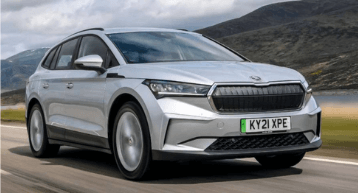




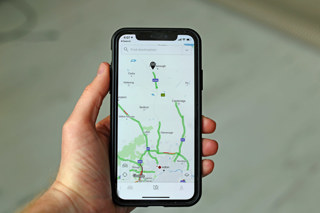
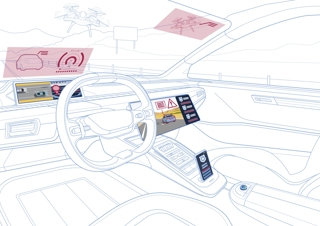
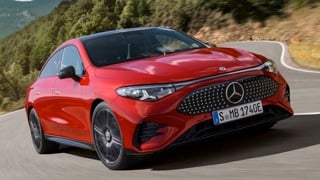
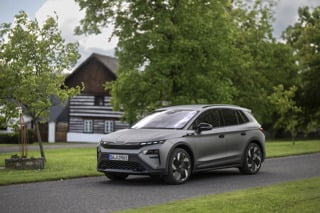











Login to comment
Comments
No comments have been made yet.